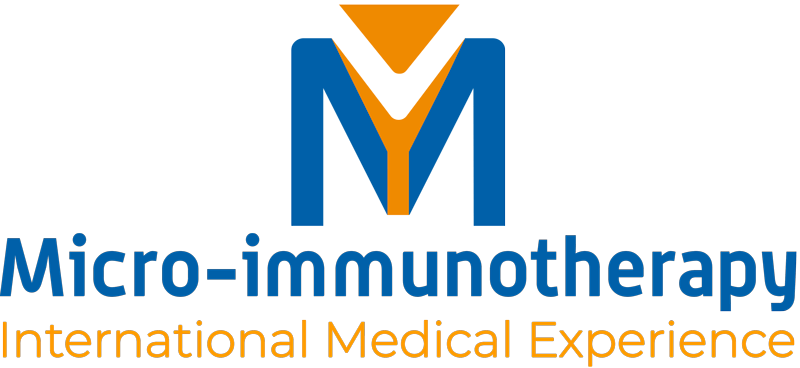Exercise and Immunity
Whenever there is a great sports challenge ahead, such as a marathon or any other competition, it is common to worry about the risk of sports injuries or other health setbacks that may compromise performance. To avoid such contingencies, it is important to prepare our body in a gentle and gradual way, without pushing it to the limit. In such occasions, and also as part of a general, long-term health programme aimed at keeping our organism in balance, it is important not to neglect the immune system, our defence system, as excessive inflammation and other immune imbalances are involved in musculoskeletal disorders and recurrent infections that may derive from intense training. Let’s have a look at the effects of sports on our immune system and how micro-immunotherapy helps keep a balanced and fully functional immune system to ensure resilience and top sports performance.
Effects of physical exercise on the immune system
How exactly does physical activity affect the immune system?
In general, regular exercise has positive effects on the immune system. Exercise and inflammation are factors closely related to health. Immune system modulation by exercise is associated with low inflammation, which prevents the development of diseases with a chronic inflammatory component such as obesity, pain or diabetes. Also, hormones involved in cell activation such as adrenaline, prolactin or cortisol are released during exercise. This has immunomodulatory effects and reduces the circulation of proinflammatory cytokines.
But, overall, does exercise boost the immune system? Or does it decrease the immune response? Depending on the type, intensity and frequency, physical activity can have both positive and negative effects on the immune system. As said before, given its antiinflammatory effect, moderate exercise is widely known to be beneficial for the immune system and overall health, as it is key for the prevention of cardiovascular and metabolic diseases. However, intense exercise can give rise to an immunodeficient state in the body, turning against performance standards and making the body more susceptible to recurrent infections and other immune disorders that can reduce resilience.
- Regular acute, moderate exercise increases immune surveillance and dampens systemic inflammation in the long term, thus boosting the immune system.
- Prolonged, strenuous acute exertion and high training volume lead to an immunodeficient state (impaired immunity in the mucous membranes) and transient immunosuppression, an “open window” to pathogens; this is why competitive athletes are more prone to suffer from immunodeficiency disorders such as upper respiratory tract infections. In addition, competitive athletes are exposed to numerous stress factors such as mental stress, sleeping disorders, climatic changes and malnutrition, which can impair immune function. These stress factors can also induce the reactivation of latent viruses, such as cytomegalovirus (CMV) and the Epstein-Barr virus (EBV), leading to unexplained fatigue and other associated symptoms.
Retraining and balancing the immune system to ensure top sports performance
To ensure top performance at sports competitions, it is important to strive for a well-coordinated, flexible and resilient immune system This involves both the preventive early detection of immune disorders and a targeted treatment through cytokine modulation to effectively steer cell activity. It is to this end that micro-immunotherapy comes into play, as it uses low-dose immunomodulatory substances to regulate the immune system in a tailored, gentle and sustainable manner, thus restoring balance to it.
In sports medicine, micro-immunotherapy can be integrated in a tailored treatment plan to attain the following immunoregulatory objectives:
. What is micro-immunotherapy?
Micro-immunotherapy is an immunotherapy aimed at recovery and/or sustaining immune competence in the long term. It uses immunomodulatory substance in low dose (cytokines, among others), thus communicating with the immune system in its own language without replacing it or blocking its functions. Local ans systemic action is achieved in a sequential and coordinated manner. This way the body’s physiology is mimicked and unwanted side effects are avoided (Fig.1).

COMUNICATES
with the immune system in his own language, by making use of substance like cytokines and other immune mediators in low doses.

MIMICS
the chain of natural immune reactions by following a specific sequential action.

RETRAINS
the immune system to respond appropriaterly to internal and external disruptive factors, thus resulting in long-term immune regulation.
Fig.1: Summary of the mode of action of micro-immunotherapy formulas.
Improve your sports performance with micro-immunotherapy now
Would you like to improve your sports performance with micro-immunotherapy? You may contact one of our doctors specialised in sports medicine and trained in micro-immunotherapy below or visit one of our clinics offering integrated treatments for athletes.




